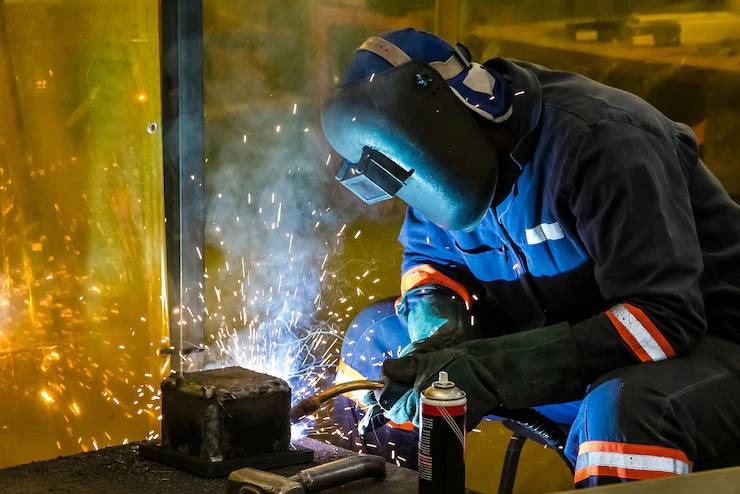Welding is a critical trade that plays a vital role in various industries, including construction, manufacturing, and automotive. As a skilled profession, it offers a range of job opportunities and can lead to lucrative earnings. This article provides a comprehensive overview of how much welding jobs pay, the requirements to become a welder, and the factors influencing salary.
Understanding Welding as a Profession
Welding involves joining materials, typically metals, using high heat to melt the parts together. This skill is essential in constructing buildings, bridges, vehicles, and many other structures and products. As infrastructure continues to grow and evolve, the demand for skilled welders remains high.
Salary Estimates for Welders
When considering a career in welding, one of the most pressing questions is, how much do welding jobs pay? The salary for welders can vary significantly based on several factors, including location, level of experience, type of welding, and the industry in which they work.
Average Salary Range
As of the latest data, the median annual wage for welders in the United States is approximately $44,000. However, this figure can fluctuate widely. Entry-level welders may start at around $30,000 per year, while experienced welders, particularly those specializing in high-demand areas, can earn upwards of $60,000 to $70,000 annually.
Factors Affecting Salary
- Experience Level: Entry-level welders typically earn less, but with experience, they can command higher salaries. Senior welders or those with specialized skills can earn significantly more.
- Type of Welding: Different types of welding (such as MIG, TIG, or stick welding) may offer varying pay rates. For instance, TIG welders often earn more due to the precision and skill required for that technique.
- Industry: Welders in certain industries, like aerospace or oil and gas, tend to earn higher salaries compared to those in less specialized fields.
- Location: Geographic location plays a significant role in salary. For instance, welders in urban areas or regions with a high demand for construction may earn more.
In New York, the demand for skilled welders remains robust, particularly due to ongoing construction projects and infrastructure development. Jobs in New York typically offer higher wages compared to the national average. The median annual salary for welders in the state can reach around $55,000 to $65,000, depending on experience and specialization. Additionally, opportunities for overtime can further boost earnings.
Requirements to Become a Welder
While the financial prospects in welding can be appealing, it’s essential to understand the requirements to enter this field.
Educational Background
Most welding jobs do not require a four-year college degree. However, a high school diploma or equivalent is typically necessary. Many employers look for candidates who have completed vocational training or a welding certification program.
Training and Certifications
Vocational Training: Many community colleges and trade schools offer welding programs that provide hands-on training and theoretical knowledge. These programs typically last from a few months to two years.
- Certifications: Obtaining certifications from recognized organizations, such as the American Welding Society (AWS), can enhance job prospects and salary potential. Certifications demonstrate a welder’s proficiency and commitment to the trade.
- On-the-Job Training: Many welders gain experience through apprenticeships or entry-level positions, where they learn from seasoned professionals.
Skills Required
To succeed in welding, candidates should develop the following skills:
- Technical Skills: Proficiency in different welding techniques and the ability to read blueprints and schematics are essential.
- Attention to Detail: Welders must ensure high precision in their work to maintain safety and quality standards.
- Physical Stamina: The job can be physically demanding, requiring strength and endurance.
- Problem-Solving Skills: Welders often encounter challenges that require quick thinking and effective solutions.
Career Advancement Opportunities
The welding field offers various paths for career advancement. With additional training and experience, welders can move into supervisory roles, become welding inspectors, or specialize in high-demand areas such as underwater welding or robotic welding.
Welding is a profession that provides numerous opportunities for job seekers, with competitive salaries and the potential for growth. Understanding how much welding jobs pay can help individuals make informed career decisions. In locations like New York, where demand is high, jobs in New York can offer even better earning potential. By investing in education and training, aspiring welders can position themselves for a rewarding career in this essential trade.
Whether you are just starting or looking to advance in your welding career, the financial prospects are promising, making it a worthwhile path to explore.








